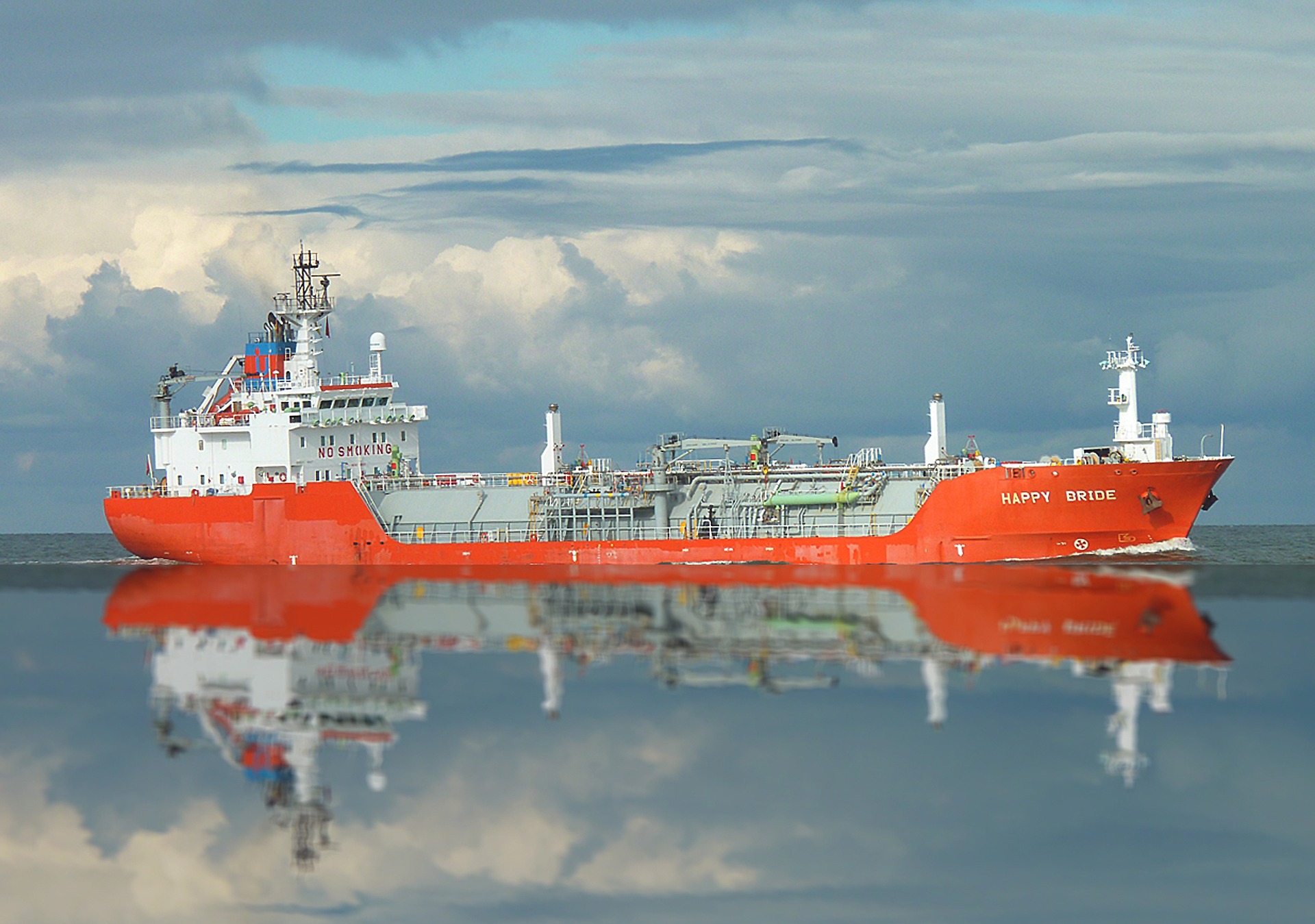NEWS & ARTICLES

We have recently studied the judgment of Cockerill J in The Archagelos Gabriel.
In this case the learned judge had to deal with an application for an interim antisuit injunction from the alleged Demise Chaterer “Times Navigation” who sought to restrain the Claimant (NBF, a bank) from prosecuting or continuing proceedings that had been commenced against “Times Navigation” before the Courts of Singapore.
The use of antisuit injunctions is expected to increase notably as a result of Brexit. Therefore, it is interesting to know how these injunctions work in practice and the difficulties behind their applications.
The resolution of Cockerill J in this matter, it is suggested, has been very good in terms of achieving Justice. The judge underwent a very good and detailed analysis of the law in respect to antisuit injunctions and concluded exercising a wise degree of discretion.
The facts of the case were succinctly the following: The claimants were the lawful holders of bills of ladings for the cargo that had been shipped on board MV Archagelos Gabriel. The goods were discharged at the port of destination against LOIs. This was followed by the claimants’ claims for misdelivery. The bank addressed a claim to Rosalind c/o Times Navigation, as it had no response, it subsequently issued in rem proceedings before the High Court of Singapore addressed to Owners and/or Demise Charterers, and /or other persons interested in.
Some months later, shortly before the time limit expired, it commenced London arbitration against Rosalind Maritime LLC, Owners of the vessel Archagelos Gabriel c/o Times Navigation Inc. In response, right after the expiry of the time limit, solicitors for the owners appointed an arbitrator, and later they informed the bank that the ship was bareboat chartered to Times, and therefore Rosalind (The owners) were not involved, and as a result the arbitration had been commenced against the wrong party.
The judge in a most interesting analysis of the case agreed to grant an injunction but on conditional terms, that condition being as to Times Navigation giving an undertaking not to rely on any time bar argument in the London arbitration.
In recent times we have encountered a case in our practice that shared some interesting similarities with this scenario, i.e. a bareboat charter was used as a justification for the owners not being liable to the claimants. The case concerned the arrest of a ship that took place in Spain. The shipowners appeared before the Spanish Court submitting that the claim on the merits was subject to arbitration in London under the carriage contract and that the merits should not be disputed in Spain because he was party to such arbitration agreement. Once the client commenced the London arbitration, the shipowners contended that they were not party to the carriage contract as the ship was under a bareboat charter, and the carriage contract had been issued on behalf of the bareboat charterer, and that therefore the arbitration had been commenced against the wrong party.
Thus, in Spain the shipowners have stated one thing and in London the converse. Confronted with this result, we advised the client to sue the shipowners on the basis that their behavior had amounted to a tort. The client agreed and sued the shipowner in tort before the Spanish Courts. In the High Court the claimants’ claim was fully accepted, on appeal the Court of Appeal held that the damages suffered as a result of the arbitration in London (costs mainly) could not be addressed in Spain but, the Court of Appeal could only award the damages in Spain and such damages had already been awarded to the charterers.
For a full reproduction of The Archagelos Gabriel case, click here.
Arizon Abogados S.L.P
www.arizon.es

